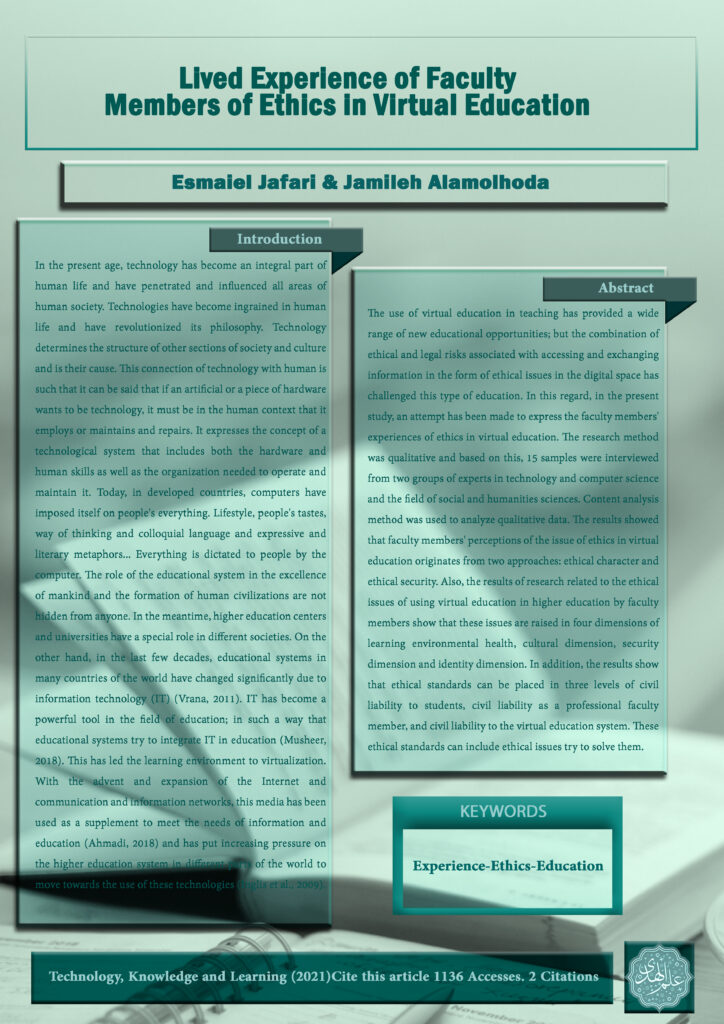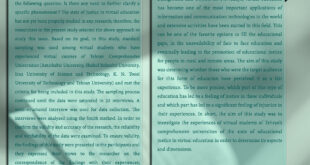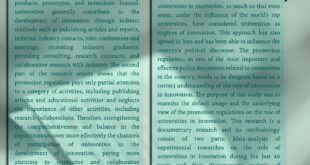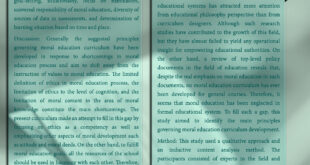Lived Experience of Faculty Members of Ethics in Virtual Education
Esmaiel Jafari · Jamileh Alamolhoda
Faculty of Education and Psychology, Shahid Beheshti University, Tehran, Iran
Abstract
The use of virtual education in teaching has provided a wide range of new educational
opportunities; but the combination of ethical and legal risks associated with accessing and
exchanging information in the form of ethical issues in the digital space has challenged this
type of education. In this regard, in the present study, an attempt has been made to express
the faculty members’ experiences of ethics in virtual education. The research method was
qualitative and based on this, 15 samples were interviewed from two groups of experts in
technology and computer science and the field of social and humanities sciences. Content
analysis method was used to analyze qualitative data. The results showed that faculty members’
perceptions of the issue of ethics in virtual education originates from two approaches:
ethical character and ethical security. Also, the results of research related to the ethical
issues of using virtual education in higher education by faculty members show that these
issues are raised in four dimensions of learning environmental health, cultural dimension,
security dimension and identity dimension. In addition, the results show that ethical standards
can be placed in three levels of civil liability to students, civil liability as a professional
faculty member, and civil liability to the virtual education system. These ethical
standards can include ethical issues try to solve them.
Keywords Lived experience · Virtual education · Ethics · Faculty members

To download the full article file, click on the link below “Lived Experience of Faculty Members of Ethics in Virtual Education”
 Dr Jamilesadat Alamolhoda Personal Website
Dr Jamilesadat Alamolhoda Personal Website


